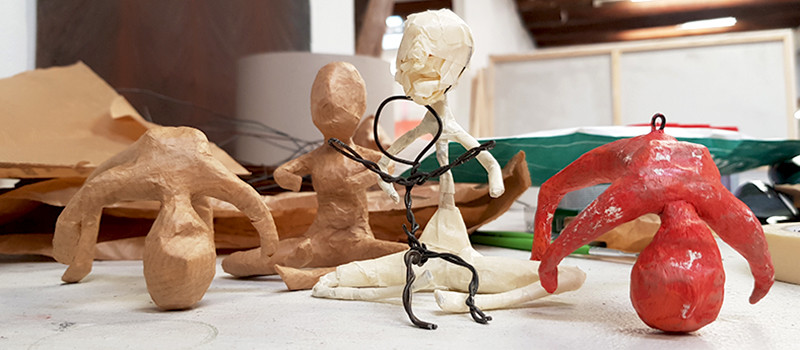I remember when I first encountered the theory of structural dissociation – through a therapist I saw a few times and the book she recommended to me “Coping with Trauma-Related Dissociation” (2011) by Suzette Boon, Kathy Steele, Onno van der Hart. The last author – I just recently learned are not allowed to practice psychotherapy anymore, due to transgressions? I will not judge that; I do not know enough about it to have an opinion on it.
But what I do have a lot of opinions on is the theory itself, and how it is used.
I was told in therapy that she (my therapist) only wanted to talk to the “main-me” – the ANP (apparently Normal Person) – that felt insulting on so many levels. Firstly – apparently?? It sounds like the person (me) is abnormal – that I just appear to be normal and that I just appear to be a person. Secondly, and more importantly, if a part of me initiates taking the whole of me to therapy to process trauma – and is refused a voice – how on earth is that going to be understood, by me? And how do you think it felt to me, to come to therapy and be told I am not only “just an emotional part” but also that the therapist then does not want to talk to me??



